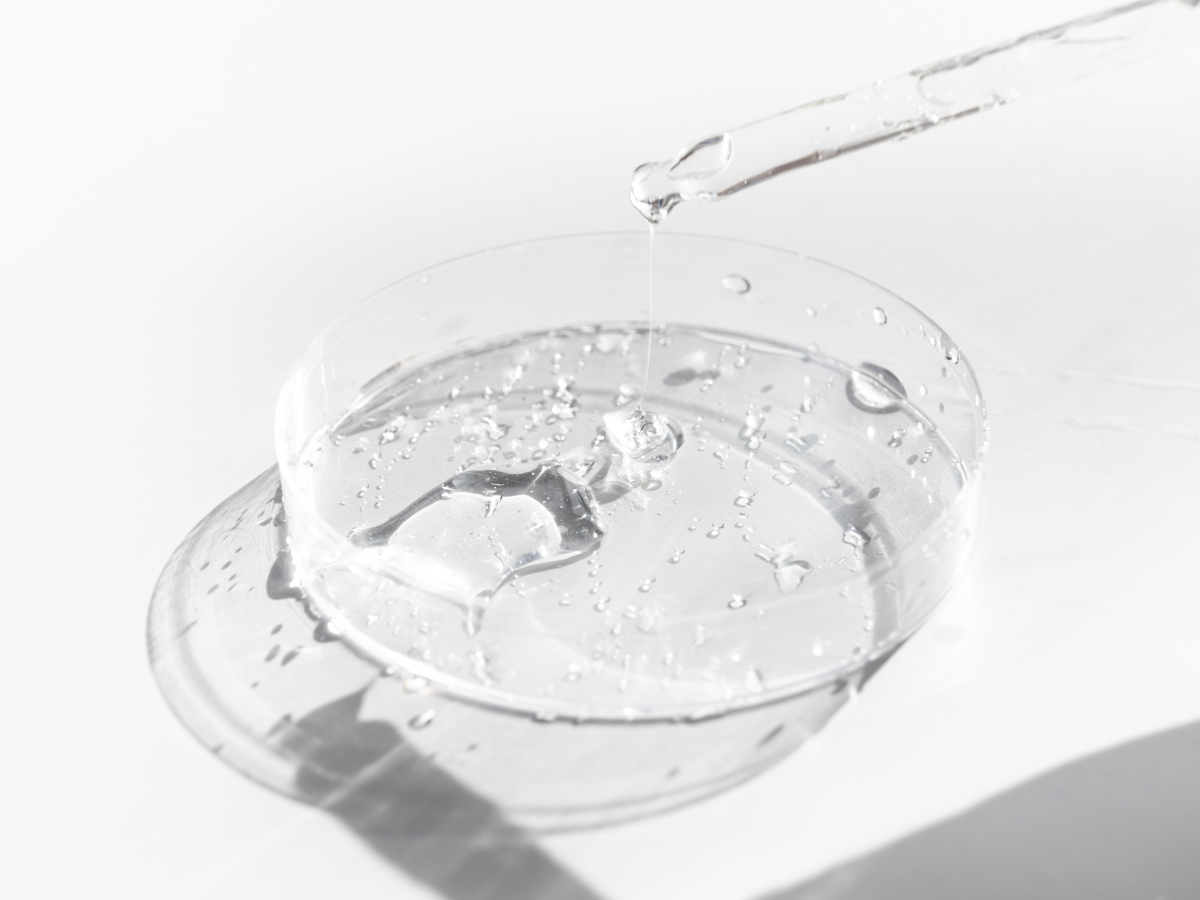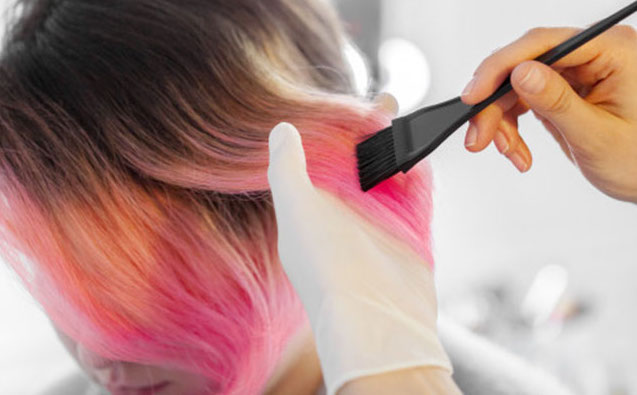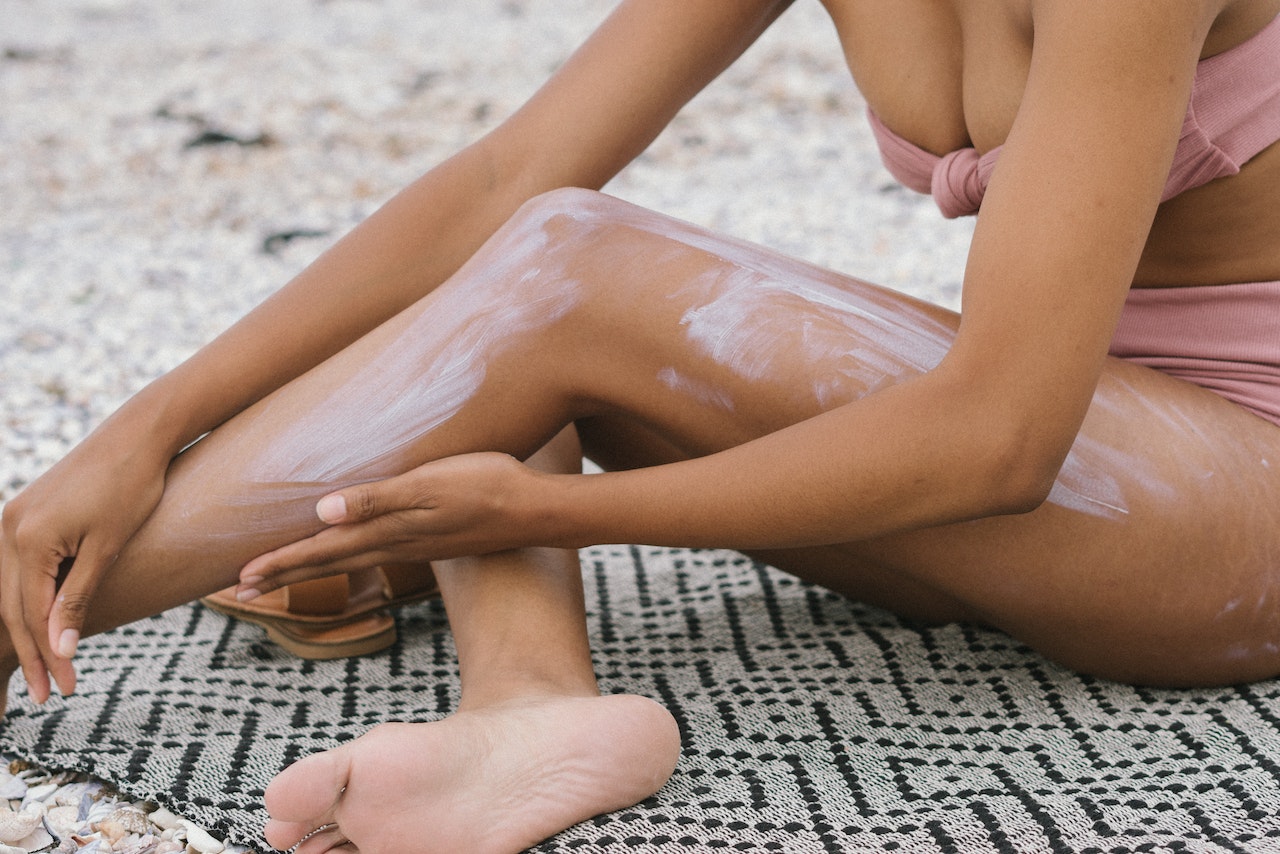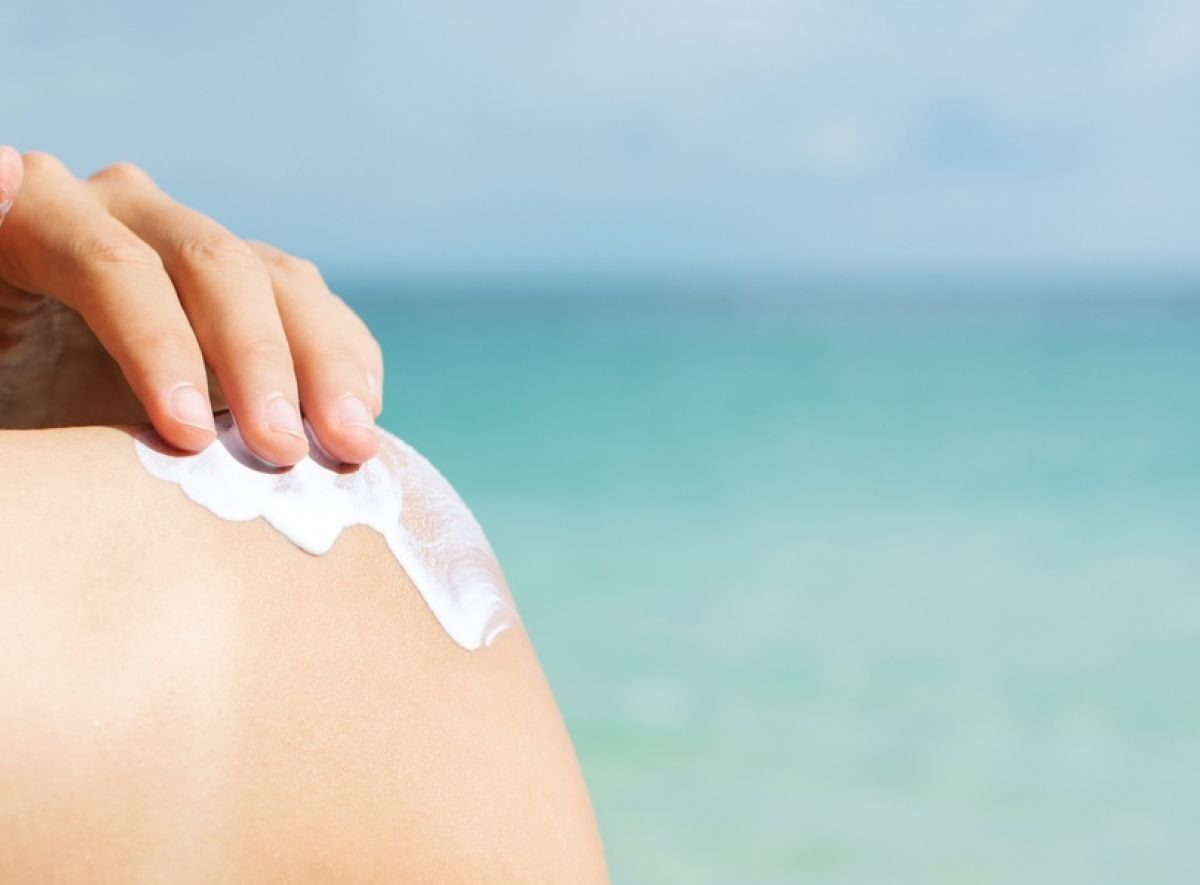OVERVIEW OF COSMETICS REGULATION IN UAE
The Emirates Authority for Standardization and Metrology (ESMA) is the entity responsible for drafting regulations and defining their requirements at the federal level, regulating, and supervising the personal care sector in the United Arab Emirates. Market surveillance and inspections are the responsibility of the Municipalities (one for each Emirate).
Cosmetics and personal care products must comply with health and safety requirements that are set out in the GSO 1943/2016 (Cosmetic Products – Safety Requirements of Cosmetic and Personal Care Products). The UAE cosmetics Regulation applies to all cosmetic products supplied or sold in the UAE.
According to the Regulation, a cosmetic product is defined as “any substance or mixture made for the use and contact of the external organs and parts of the body (such as the skin, hair, nails, lips, teeth, genitals or the mucosa of oral cavity) for the purpose of cleaning or perfuming them, changing their appearance, or enhancing their smell, or protecting or keeping them in the best shape“. Medical products (used to cure diseases) and devices and tools that go together with cosmetics are excluded from the scope of the Cosmetics Law.
The Emirates Conformity Assessment Scheme (ECAS) is a product certification scheme implemented by ESMA, for all imported and manufactured (locally) cosmetic and personal care products. Before products are made available in the UAE market (imported or locally manufactured), ECAS ensures that they follow the applicable technical standards (related to health, packaging, labelling, and metrology). If the cosmetic product is compliant, ESMA issues an ECAS Certificate of Conformity. Without this certificate, a product is not allowed to enter the country or be distributed.
After having the certificate, cosmetic products need to be registered with both the relevant Municipality (in which the product is intended to be sold) and ESMA. If in one hand, the Municipality registration allows the product to be sold in a retail chain, on the other, the ESMA registration allows the product to be imported into the country, at the port of entry. Only a company incorporated in the UAE may perform the registration process (e.g., local importer, manufacturer, distributer). Therefore, a local representative is needed for registration, as the company needs to be registered locally with a license for ‘general trading’ to register products in UAE.
The process of registration enables the Consumer Products Safety Section (CPSS) body to collect all the information necessary to determine the safety of a cosmetic product. It is only possible to manufacture, import, export, promote or distribute a cosmetic product in UAE if it is registered and compliant with regulations.
When the registration process is completed, the application process follows. An application form is submitted along with the following information:
- Picture and artwork of the product illustrating the required information (including shelf life, batch lot number, period after opening);
- Free Sale Certificate from the country of origin (imported products);
- Analysis and Ingredients Report from the manufacturing company (in addition to the physical, chemical and microbiological analysis of the product, detailed information about its components and concentrations);
- Laboratory test report related to certain heavy metal and preservatives and microbiology tests from an accredited laboratory (tests may vary).
The labelling of cosmetics and personal care product needs to be in English and/or Arabic and must bear accurate, scientifically or laboratory verified and non-misleading information. For example, product function and/or use; warning instructions and precautionary information; and storage instructions for safe use needs to be indicated on the label. Medical claims are prohibited.
Product ingredients must be listed on the container or on the product itself (if no container is used). Allergens need to be included in the ingredients list (that appear on the label of container packages). If a perfume contains an aromatic allergenic substance at a concentration above 0.001%, it must be indicated in the list of substances that compose the product (container’s packaging).
The UAE regulation includes positive, negative and restricted lists of ingredients, that are overall aligned with the lists of Annexes the EU Cosmetics Regulation (Regulation (EC) No 1223/2009), except for four specific ingredients (included in the restricted list): alpha-hydroxy acids; urea; vitamin A and its esters (retinyl acetate, retinyl palmitate, cetylpyridinium chloride).
There are several other requirements that cosmetic products must follow in the UAE such as being completely free from pork and all its derivatives, complying with all safety tests required by legislation, and being safe when used under normal and foreseeable conditions of use. Cosmetic products made available in the UAE market cannot contain graphics, images or phrases that are inconsistent with Islamic traditions and prevailing social values in GCC (Gulf Cooperation Council) countries.
If you need more information regarding the UAE regulatory framework or any other subject, do not hesitate to contact us at info@criticalcatalyst.com.
References:
- GSO 12/FDS 1943:2018. Cosmetic Products – Safety Requirements of Cosmetics and Personal Care Products. GCC Standardization Organization (GSO). Available at: https://tsapps.nist.gov/notifyus/docs/wto_country/OMN/full_text/pdf/OMN384(english).pdf














